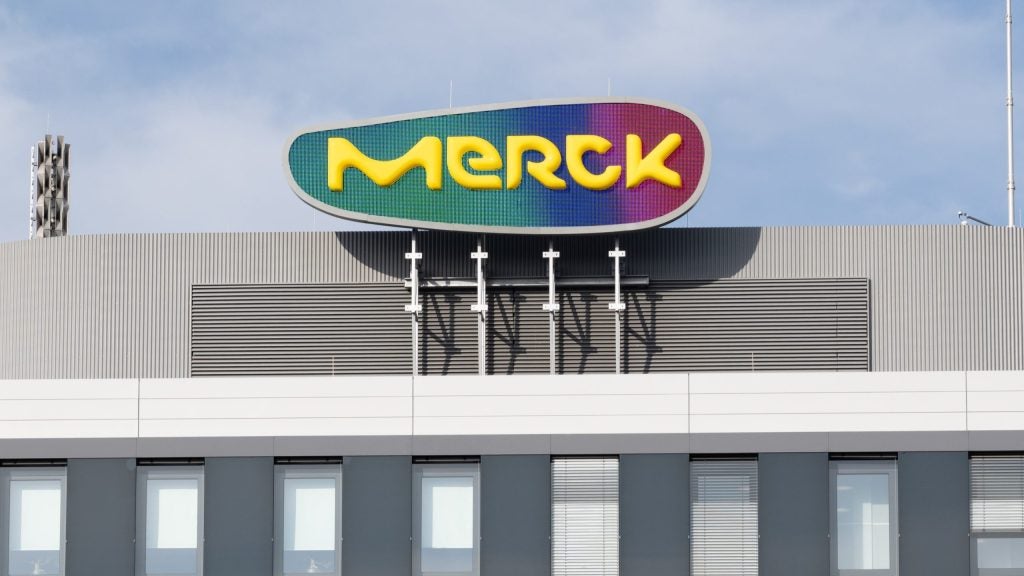Merck KGaA (Merck) has discontinued the Phase III TrilynX trial evaluating xevinapant in patients with unresected locally advanced squamous cell carcinoma of the head and neck (LA SCCHN).
The company stated that its decision was informed by a pre-planned interim analysis performed by the Independent Data Monitoring Committee. It found that the study is “unlikely to meet its primary objective of prolonging event-free survival”.
Merck licenced xevinapant from Debiopharm International in a deal worth $1.08bn in 2021. Xevinapant is an inhibitor of apoptosis protein (IAP) antagonist designed to restore cancer cell sensitivity to apoptosis.
Following the news of trial termination, Merck’s stock was down by over 10% in trading on the Frankfurt Stock Exchange.
The randomised placebo-controlled Phase III TrilynX trial (NCT04459715) enrolled approximately 730 participants with LA SCCHN. The study evaluated xevinapant in combination with chemoradiation therapy versus placebo and chemoradiation. The trial’s primary endpoint was event-free survival for up to five years.
Merck was quick to add that the safety data for xevinapant was “overall compatible with the chemo-radio sensitizing properties of the therapy”. The company plans to conduct an in-depth review of the data and share these results in the future.
Xevinapant was touted as Merck’s big oncology therapy, per its 2023 annual statement. The company prioritised its importance, especially after its multiple sclerosis therapy, evobrutinib, failed to meet primary endpoints in Phase II trials.
Other therapies in the company’s oncology portfolio are HRS-1167, a selective poly (ADP-ribose) polymerase 1 (PARP1) trapping inhibitor, and a Claudin-18.2 antibody-drug conjugate (ADC) SHR-A1904. Merck licenced the therapies from Chinese company Jiangsu Hengrui Pharmaceuticals in a deal worth up to $1.48bn, in October 2023.
In April, Merck invested over €300m ($320.8m) in a new Life Science Research Center at its global headquarters in Darmstadt, Germany. The centre, which is expected to open in 2027, will be responsible for developing biopharmaceuticals, including antibodies and messenger ribonucleic acid applications.









